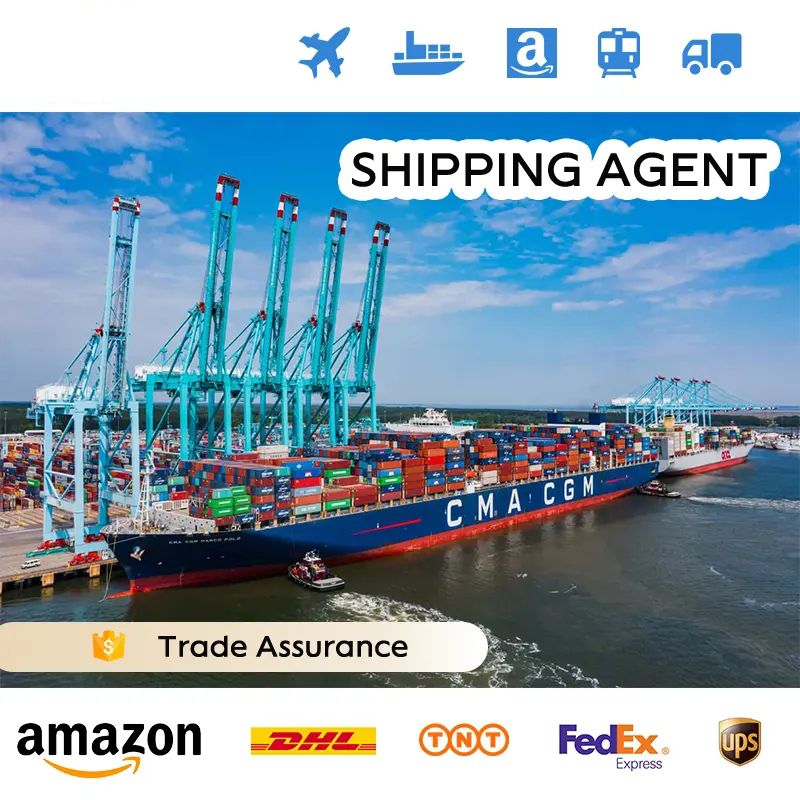Congestion at Singapore ports or impact on supply chain

The world's second busiest container port located in Singapore has experienced severe congestion, forcing shipping companies to extend charter agreements and form container fleets to prepare for the extended peak season.
Hong Kong analysis firm Linerlitica stated that severe congestion at the new port has added insult to injury to the already tense container market. At present, the container market is struggling to cope with the shortage of container equipment and ship space, mainly due to the diversion of the Red Sea.
"The global port congestion index has reached 2 million TEUs, accounting for 6.8% of the global fleet, and Singapore has become a new hotspot for congestion. Linerlytica commented in its latest weekly report, 'The SCFI (Shanghai Container Freight Index) has risen by 42% in the past month, with further increases in June due to shipping companies adding new surcharges and fare hikes.'"
Linerlytica stated that shipping companies were forced to purchase new equipment and extend vessel charters beyond September, "because they initially hesitated whether to make early commitments to prevent a decrease in demand after the peak summer season.".
However, the current market signal is very bullish, reminiscent of the significant interest rate hike that began in 2021 and continued until 2022.
At that time, port congestion was caused by the backlog of cargo in US ports, and the insufficient capacity of inland ports to store or transport containers in the United States led to delays in ships waiting for cargo loading and unloading positions, resulting in a chain effect of too few empty containers returning to Asia for loading.
This year, there has been another congestion in the container supply chain, with Singapore becoming the latest victim. Due to the extended voyage around the Horn of Africa, the ship's return to Asia has been delayed. In addition, shipping companies do not have enough tonnage to handle the longer supply chain caused by the diversion of Cape of Good Hope.
"In recent days, berths have been delayed for up to 7 days, and the total capacity waiting for berths has increased to 450000 TEUs. Severe congestion has forced some shipping companies to cancel their original Singapore port docking plans, which will exacerbate downstream ports' problems, and these ports will have to handle additional throughput."
In addition, delays lead to vessel gatherings, causing "overflow congestion" and disruptions in downstream port schedules.
Just last week, the increasingly severe port congestion has led to the withdrawal of over 400000 TEUs of ship capacity from circulation. With the arrival of the peak season, it is expected that the next few weeks will further escalate to the current severe delay.
